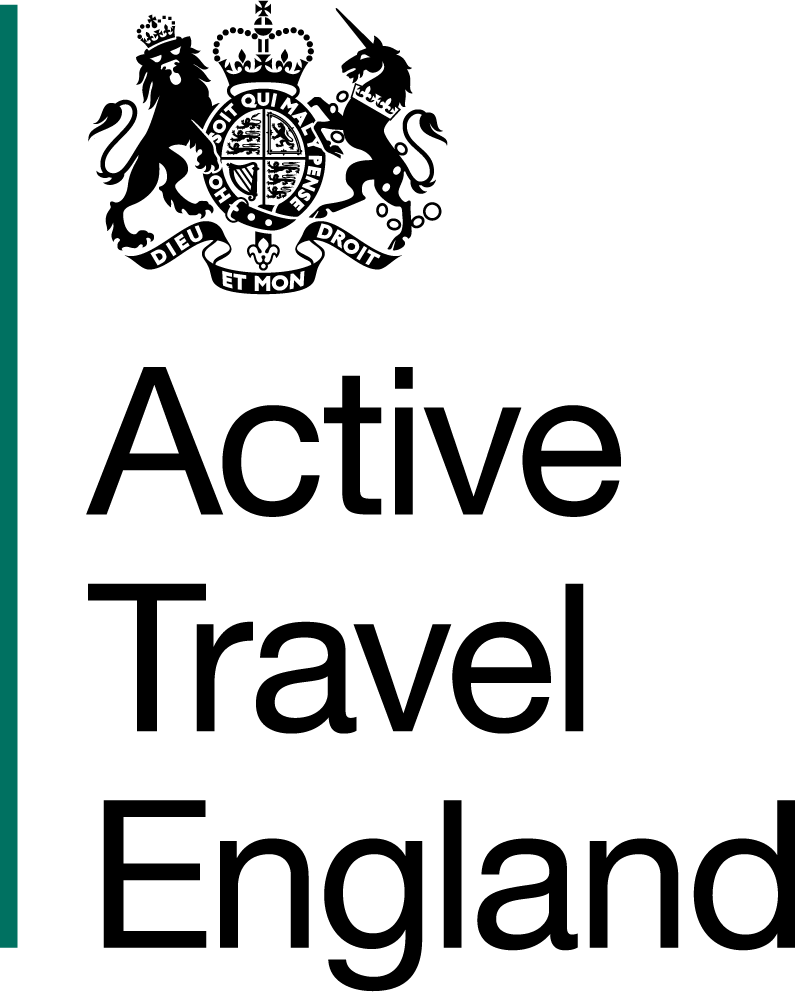6.1. Pre-training risk assessment (formal RBA)
You have a ‘duty of care’ for everyone involved in your cycle training course. This includes the riders, other instructors, people in the environment, the organisations you work with – and yourself.
Documents you may need include:
- consent forms – riders or their parents/guardians can communicate any medical, health or special educational needs and disabilities/additional learning needs
- group registers – to record the progress of each rider or any adjustments made to cycles
- off-road RBA which is site specific
- on-road RBA which is site specific (for activity locations and routes)
- incident reporting form
Considerations for your site-specific risk assessment could include:
- weather (is it likely to be very hot, windy, cold or wet?)
- lines of sight – you must be able to see riders at all times
- average speed of other road users
- number of other road users
- types of road users
- pavement space
- start and stop points
- surface
- whether you’re working with a co-instructor or not
- alternative routes in your plan
- location:
- Choose sites that enable you to carry out activities in the ‘goldilocks zone’ – that is, not too challenging, not without challenge, but just challenging enough for your riders to develop.
- Make sure the location matches the riding activity, and that riders can ride a fair distance while practising.
- Where possible, ensure cycles are stacked close to where the group will stand, or within eyesight, to minimise risk of being stolen. Teach the group to interact positively and respectfully with pedestrians
- As riders learn new skills, look for locations with more traffic. This will give riders the chance to interact with other road users.
- Plan where to position yourself at each location. Make sure at least one instructor can observe riders on road, as well as those who are watching their friends.
- Think of places and landmarks that your riders will find interesting.
- Use accessible routes and infrastructure for different types of cycles.
Before you begin any session:
- check the organisation’s guidance – for example, what are the school’s policies regarding
- visitors, or use of mobile phones?
- make sure all cycles have been checked and are safe to use on the road
- know the location of any local defibrillators
